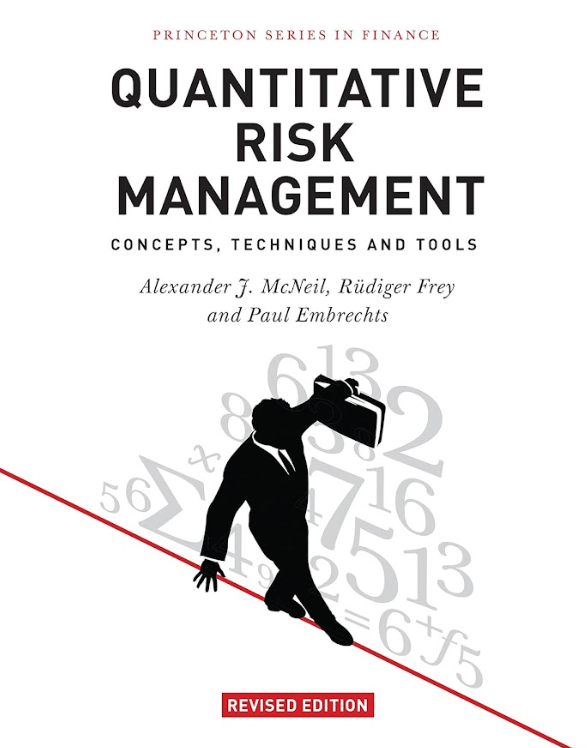I. Academic department information
The Financial Investment Department is one of the three key departments within the Faculty of Finance at Ho Chi Minh University of Banking. Boasting a highly qualified team, including eight PhDs, four doctoral candidates, and one master's degree holder, the Department is responsible for overseeing 11 specialized courses. These include Financial Investment, Investment Banking, Technical Analysis in Financial Markets, Portfolio Management, Financial Risk Management, Quantitative Finance, Behavioral Finance, Derivatives and Risk Management, Advanced Derivatives Pricing and Applications, Financial Derivatives, and Quantitative Risk Management. Alongside its teaching responsibilities, the Department is actively engaged in scientific research and contributes to various activities of both the University and the Faculty. With its commitment to both practical and academic excellence, the Department continuously contributes to the sustainable growth and development of the Faculty and the University.
II. Lecturers
|
No
|
Academic degree
|
Full name
|
Note
|
|
1
|
Ph.D.
|
Nguyễn Duy Linh
|
Head of Department
|
|
2
|
Ph.D.
|
Nguyễn Anh Vũ
|
Dean of Faculty
|
|
3
|
Ph.D.
|
Trần Tuấn Vinh
|
Vice Dean of Faculty
|
|
4
|
Ph.D.
|
Hồ Công Hưởng
|
|
|
5
|
Ph.D.
|
Vũ Thị Anh Thư
|
|
|
6
|
Ph.D.
|
Triệu Kim Lanh
|
|
|
7
|
Ph.D.
|
Lưu Thu Quang
|
|
|
8
|
Ph.D.
|
Vương Thị Hương Giang
|
|
|
9
|
MS.c.
|
Nguyễn Thị Mai Huyên
|
Ph.D. Candidate
|
|
10
|
MS.c.
|
Ngô Sỹ Nam
|
Ph.D. Candidate
|
|
11
|
MS.c.
|
Nguyễn Phạm Thi Nhân
|
Ph.D. Candidate
|
|
12
|
MS.c.
|
Nguyễn Văn Phúc
|
Ph.D. Candidate
|
|
13
|
MS.c.
|
Võ Văn Hảo
|
|
Lecturer profile
|
STT
|
Pictures
|
Personal Information
|
|
1
|

|
NGUYỄN DUY LINH
1. Academic degree: Ph.D.
2. Academic progress:
*2009: Graduated with university degree in Finance - Banking from the Ho Chi Minh University of Banking.
* 2015: Graduated with master’s degree in Finance - Banking from the Ho Chi Minh University of Banking
* 2019: Completed doctoral studies in Finance at RWTH Aachen University, Germany
3. Research areas of interest:
- Financial Investment
- Corporate Finance
- Valuation
4. Academic Curriculum Vitae
5. Contact Information:
Email: linhnd@hub.edu.vn
Phone: (028) 38971631
|
|
2
|

|
NGUYỄN ANH VŨ
1. Academic degree: Ph.D.
2. Academic progress:
* 2002: Graduated with a university degree in Finance - Banking from the Ho Chi Minh University of Banking
* 2010: Graduated with a master's degree in Finance - Banking from the University of Economics Ho Chi Minh City
* 2023: Completed doctoral studies in Finance at Ho Chi Minh University of Banking
3. Research areas of interest:
- Asset Management, Investment Portfolio Management
- Financial Investment
- Business Valuation, Financial Asset Valuation
- Financial Stability and Monetary Policy
- Insurance
4. Academic Curriculum Vitae
5. Contact Information:
Email: vuna@hub.edu.vn
Phone: 0907449806
|
|
3
|

|
TRẦN TUẤN VINH
1. Academic degree: Ph.D.
2. Academic progress:
* 2004: Graduated with university degree in Finance - Banking from the Ho Chi Minh University of Banking.
* 2009: Graduated with master’s degree in Finance - Banking from the Ho Chi Minh University of Banking
* 2017: Completed doctoral studies in Finance at Ho Chi Minh University of Banking
3. Research areas of interest:
1/Financial Investment
2/ Financial Markets
4. Academic Curriculum Vitae
5. Contact Information:
Email: vinhtt@hub.edu.vn
Phone: 0903810431
|
|
4
|

|
HỒ CÔNG HƯỞNG
1. Academic degree: Ph.D.
2. Academic progress:
* 1985: Graduated with a university degree in Accounting from Ho Chi Minh University of Banking
* 2002: Defended a Doctoral Thesis in Economics, specializing in Finance - Monetary Circulation - Credit, at the Banking Academy
3. Research areas of interest:
- Management of Commercial Banks and Financial Institutions
- Investment Portfolio Management (money, wealth)
- Financial Risk Management
- Financial Investment (schools of thought, styles, fundamental analysis, technical analysis)
- Valuation (Companies, financial assets)
- Investment Banking (valuation, consulting, M&A, etc.)
- Derivative Securities
- Behavioral Finance
4. Academic Curriculum Vitae
5. Contact Information:
Email: huonghc@hub.edu.vn
Phone: +84 986 193 939
|
|
5
|

|
VŨ THỊ ANH THƯ
1. Academic degree: Ph.D.
2. Academic progress:
* 1998: Graduated with a formal university degree in Manufacturing Business Accounting from Hanoi University of Finance and Accountancy
* 2004: Graduated with a master's degree in Finance-Credit and Monetary Circulation from the Finance Academy
* 2022: Completed doctoral studies in Finance-Banking at Ho Chi Minh University of Banking
3. Research areas of interest:
- Financial Markets
- Public Finance
- Financial Analysis
4. Academic Curriculum Vitae
5. Contact Information:
Email: thuvta@hub.edu.vn
Phone: 0904103392
|
|
6
|

|
TRIỆU KIM LANH
1. Academic degree: Ph.D.
2. Academic progress:
*2004: Graduated with a degree in Finance - Credit from Ho Chi Minh University of Banking
*2012: Graduated in Economics (Finance - Banking) from Ho Chi Minh University of Banking
*2024: Completed doctoral studies in Finance at Ho Chi Minh University of Banking
3. Research areas of interest:
- Tax Policy
- DSGE Models & Financial Investment Models
- Interest Rates & Monetary Policy
- Investment Portfolio Management
- Quantitative Finance
- Personal Financial Management
4. Academic Curriculum Vitae
5. Contact Information:
Email: lanhtk@hub.edu.vn
Phone: 0983283224
|
|
7
|

|
LƯU THU QUANG
1. Academic degree: Ph.D.
2. Academic progress:
*2006: Graduated with a formal university degree in Commerce from Van Lang University.
*2012: Graduated with a master's degree in Development Economics from the University of Economics HCM and University of Rotterdam.
*2019: Completed doctoral studies in Finance at Feng Chia University, Taiwan.
3. Research areas of interest:
1/Stock return
2/ Trading
3/SEO
4/ Manipulation
5/ESOP
6/ Risk
4. Academic Curriculum Vitae
5. Contact Information:
Email: quanglt@hub.edu.vn
Phone: 0962503001
|
|
8
|

|
VƯƠNG THỊ HƯƠNG GIANG
1. Academic degree: Ph.D.
2. Academic progress:
*2013: Graduated with a formal university degree in Comprehensive Accounting from the University of Economics and Business Administration - Thai Nguyen University.
*2016: Graduated with a master's degree in Accounting from the University of Commerce.
*2021: Completed doctoral studies in Finance at Feng Chia University, Taiwan.
3. Research areas of interest:
- Corporate Finance
- Stock Market
4. Academic Curriculum Vitae
5. Contact Information:
Email: giangvth@hub.edu.vn
Phone: 0941666068
|
|
9
|

|
NGUYỄN PHẠM THI NHÂN
1. Academic degree: MS.c. (PhD Candidate)
Education Background:
Year 2004: Graduated from the regular undergraduate program, majoring in Finance - Credit, Banking University Ho Chi Minh City.
Year 2013: Completed the postgraduate program, specializing in Finance - Banking, Banking University Ho Chi Minh City.
Research Areas:
1/ Investment portfolio management
2/ Financial markets
3/ Financial investment
4/ Investment banking operations
5/ Behavioral finance
Academic Background:
Contact Information:
Email: nhannpt@buh.edu.vn
Phone: +84 909 612 737
|
|
10
|

|
NGUYỄN THỊ MAI HUYÊN
1. Academic degree: MS.c.
2. Academic progress:
*2013: Graduated with a formal university degree in Finance - Banking from Ho Chi Minh University of Banking.
*2015: Graduated with a master's degree in Finance - Banking from Ho Chi Minh University of Banking.
3. Research areas of interest:
- Monetary Policy
- International Finance
- Financial Markets
4. Academic Curriculum Vitae
5. Contact Information:
Email: huyenntm@hub.edu.vn
Phone: 0943101020
|
|
11
|

|
NGÔ SỸ NAM
1. Academic degree: MS.c.
2. Academic progress:
*2011: Graduated with a formal university degree in Finance - Banking from Ho Chi Minh University of Banking.
*2015: Graduated with a master's degree in Finance - Banking from Ho Chi Minh University of Banking.
3. Research areas of interest:
- Investment Valuation
- Monetary Policy
4. Academic Curriculum Vitae
5. Contact Information:
Email: namns@hub.edu.vn
Phone: 0901868181
|
|
12
|

|
NGUYỄN VĂN PHÚC
1. Academic degree: MS.c.
2. Academic progress:
*2016: Graduated with a university degree in Finance - Banking (High-Quality Program) from the University of Economics Ho Chi Minh City.
*2019: Graduated with a master's degree in Finance from Massey University, New Zealand.
3. Research areas of interest:
1/ Traditional Difference-in-Differences
2/ Modern Difference-in-Differences
3/ Advanced Difference-in-Differences
4/ Machine learning
5/ Public sentiment
6/ Inequality
7/ Global corporate finance
8/ Japanese economy
9/ Vietnamese economy
10/ COVID-19
11/ Geopolitical political risks
12/ Sanction effects
13/ Sustainability finance (CSR, ESG, green finance)
14/ Resources policy
15/ Impact of major agreements on different environment aspects
16/ Central Bank Digital Currency (CBDCs)
17/ Applying machine learning in trading
18/ Myopia behaviours
19/ Shifts to renewable energies
4. Academic Curriculum Vitae
5. Contact Information:
Email: phucnv_tc@hub.edu.vn
Phone: 0812334869
|
|
13
|

|
VÕ VĂN HẢO
1. Academic degree: MS.c.
2. Academic progress:
*2004: Graduated with a formal university degree in Finance - Credit from Ho Chi Minh University of Banking.
*2008: Graduated with a master's degree in Finance - Banking from Ho Chi Minh University of Banking.
3. Research areas of interest:
1. Financial Markets
4. Academic Curriculum Vitae
5. Contact Information:
Email: haovv@hub.edu.vn
Phone: 0918193188
|
III. List of department’s courses (giới thiệu tất cả các môn học do bộ môn quản lý)
- Financial Investment:
+ Course description:
The course consists of 4 chapters, equipping students with a system of basic and advanced theoretical knowledge about investment tools, industry analysis, joint stock company analysis, business and stock valuation, bond pricing, and technical analysis. From there, students can apply it in investment activities at the proprietary trading department of securities companies or the investment department of investment funds or other businesses. In addition, it also serves for self-investment or investment consulting.
+ Prerequisite:
Corporate finance
+ Textbook/ References:
Damodaran, A. (2012). Investment valuation: Tools and techniques for determining the value of any asset. John Wiley & Sons.
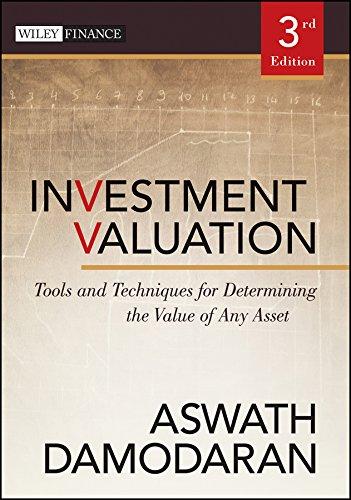
Graham, B. (2009). The Intelligent Investor, Rev. Ed: The Definitive Book on Value Investing. Harper Collins.
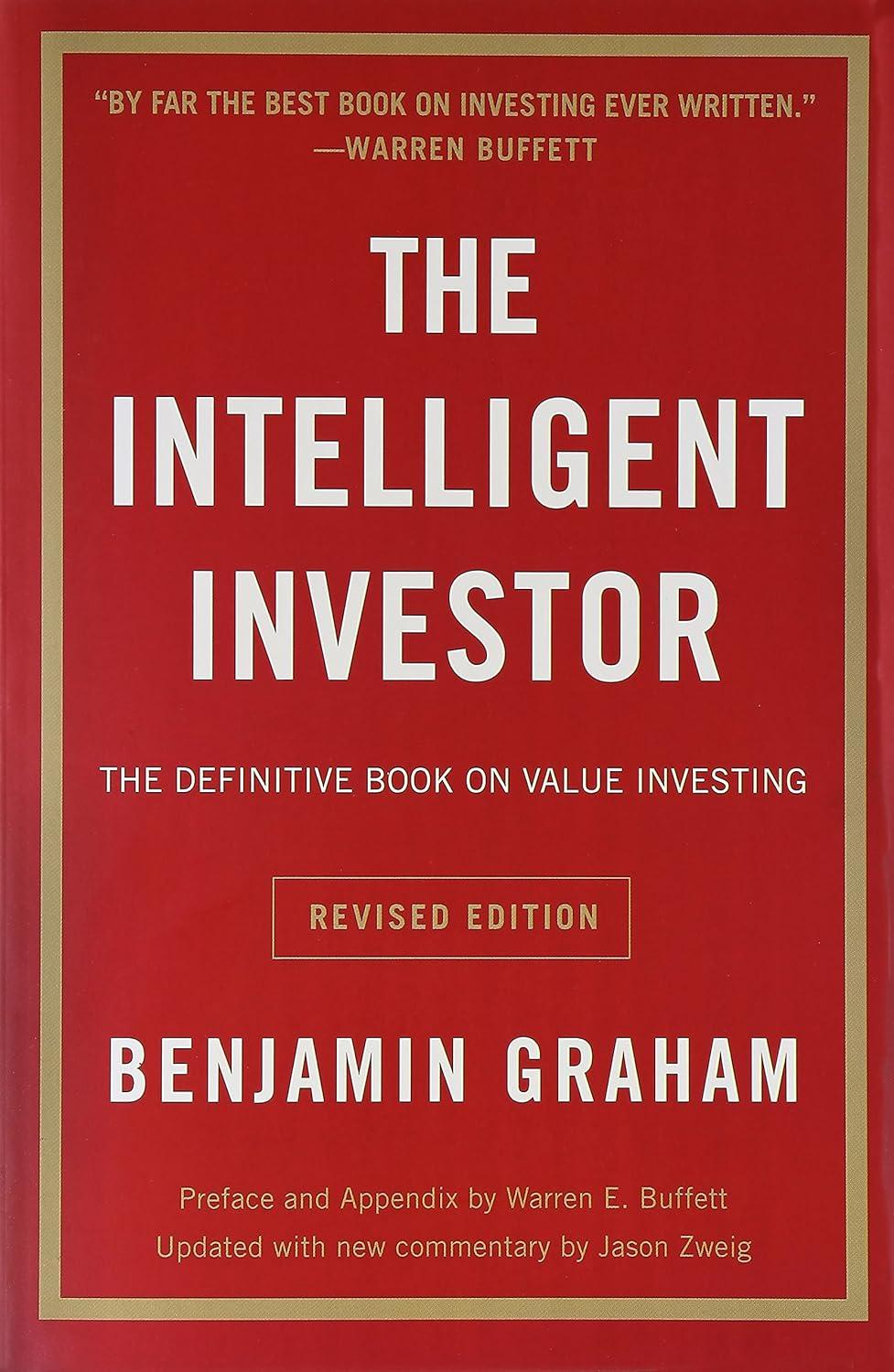
Bodie, Z., Kane, A., Marcus, A.(2013). Investment. McGraw Hill
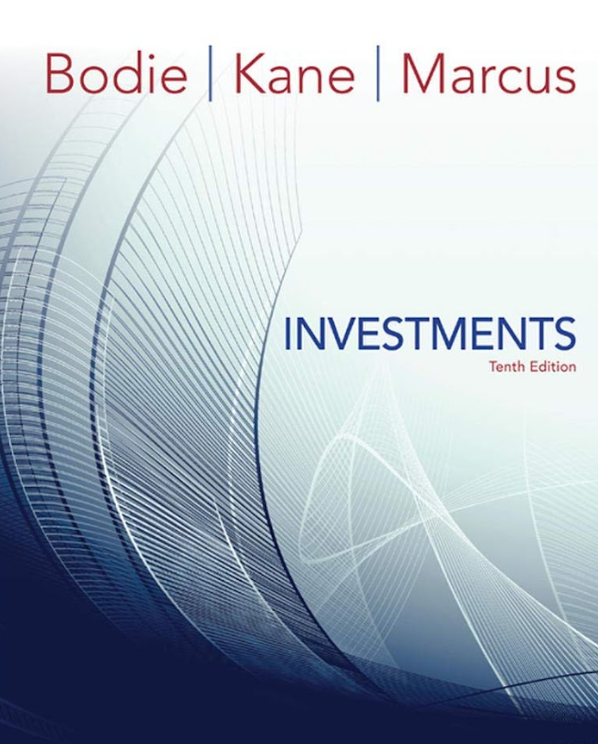
- Investment Banking
+ Course description:
The course covers six chapters that address fundamental topics in investment banking, including organizational structure and operations. It also describes key business functions of an investment bank, such as mergers and acquisitions advisory, capital raising support, investment analysis, research, investment management, wholesale banking, and primary brokerage operations.
+ Prerequisite:
Theory of Finance and Money
+ Textbook/ References:
Pearl, J., & Rosenbaum, J. (2013). Investment banking: valuation, leveraged buyouts, and mergers and acquisitions. John Wiley & Sons.
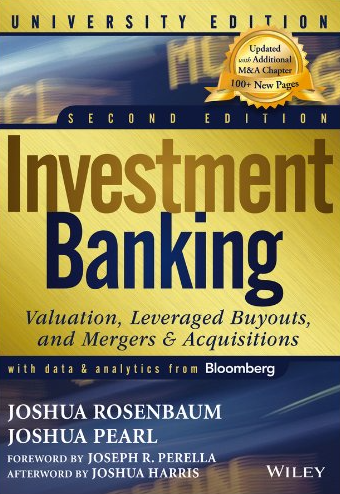
Castillo, J. J., & McAniff, P. J. (2007). The Practitioner's Guide to Investment Banking, Mergers & Acquisitions, Corporate finance. Scoopbooks.
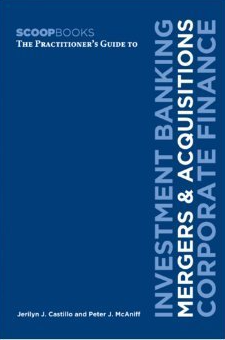
Lott, T., Loosvelt, D., Phillips-Sandy, M., & Roberts, R. (2013). Vault career guide to investment banking. Infobase Learning.
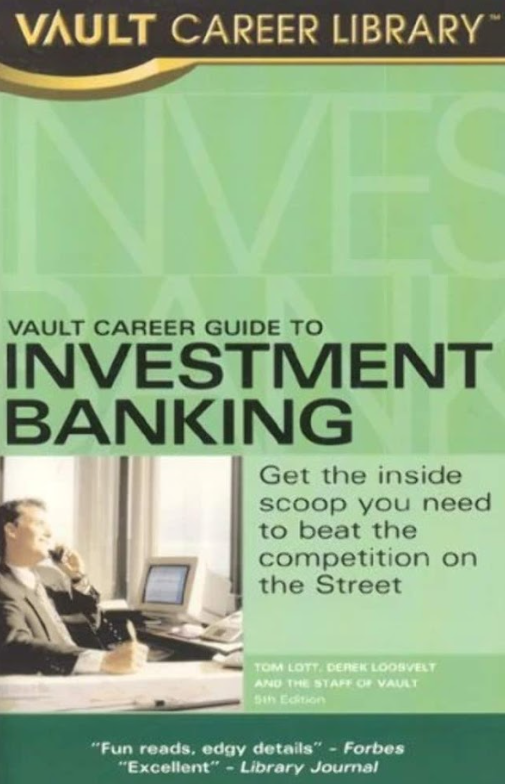
- Technical Analysis in Financial Market
+ Course description:
The course systematically provides students with tools and models to forecast the market and establish trading strategies in financial markets based on data on prices and trading volumes and apply charting techniques through a system of technical indicators, price models and fundamental technical analysis theories such as Dow theory, Elliott wave theory, Fibonacci and candle stick charts… Students can creatively apply the knowledge acquired in the course to build their own trading system and be proactive in making trading strategies on the financial market
+ Prerequisite:
Applied Computer
+ Textbook/ References:
Edwards, R. D., Bassetti, W. H. C., & Magee, J. (2012). Technical analysis of stock trends. CRC press.
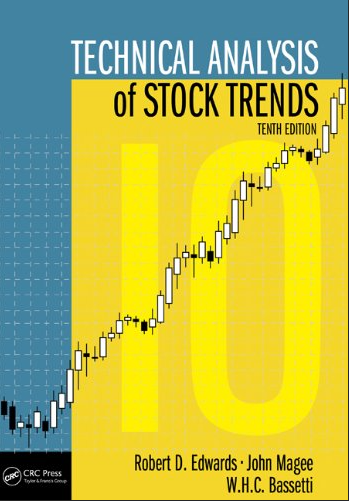
Kirkpatrick II, C. D., & Dahlquist, J. R. (2010). Technical analysis: the complete resource for financial market technicians. FT press.
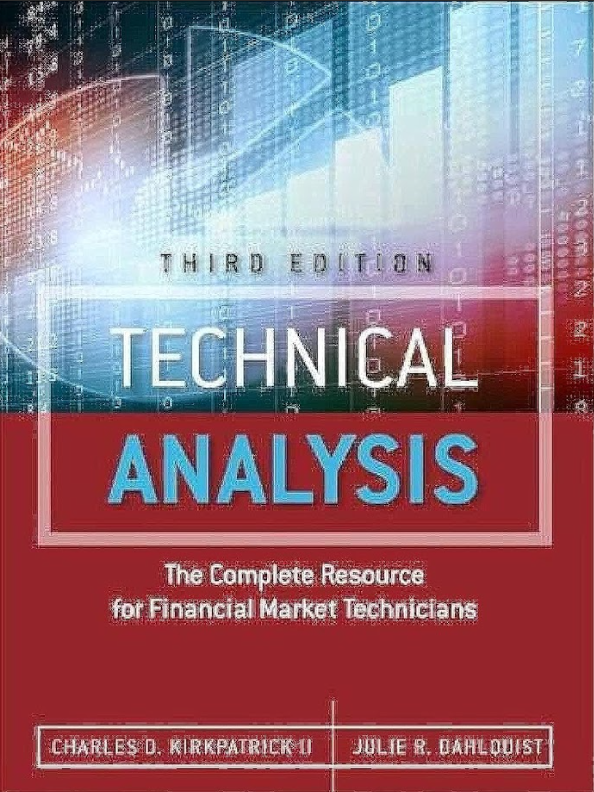
Rhea, R. (1932). The Dow theory: An explanation of its development and an attempt to define its usefulness as an aid in speculation. Barron’s

- Portfolio management
+ Course description:
The course provides basic to in-depth knowledge, important tools and thinking methods for professional asset management activities for securities fund management, securities portfolio management, and personal finance management. Students have access to a foundation of modern portfolio theories and practical skills in building and managing securities portfolios, making decisions in financial investments as well as portfolio consulting according to clients' requirements, as a basis. In addition, practical exercises on practical data sets are structured with lectures to equip necessary and useful skills for students with career orientation related to the field of financial investment such as investors, professional investment consultants, securities analysts, and professional asset managers... This is a compulsory subject for the Finance Major and a prerequisite for the Advanced Portfolio Management of the master’s program.
+ Prerequisite:
Corporate finance
+ Textbook/ References:
Reilly, F., Brown, K., Leeds, S. (2018). Investment Analysis & Portfolio Management. Cengage
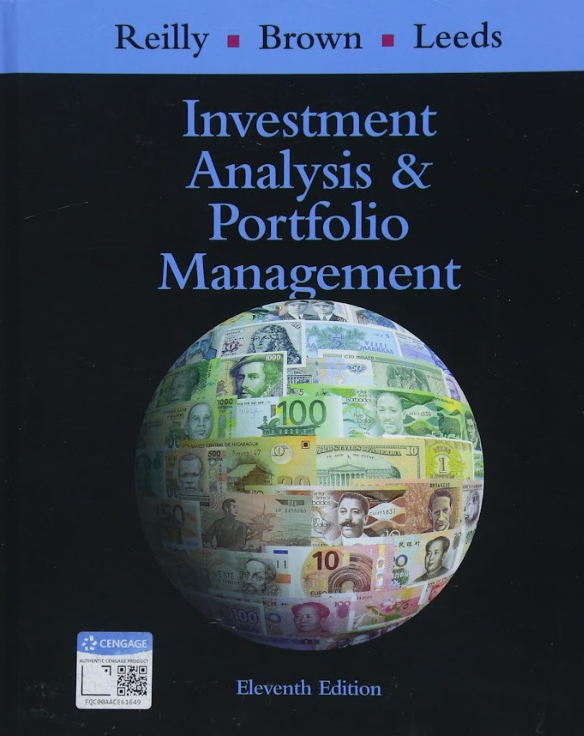
Bodie, Z., Kane, A., Marcus, A.(2017). Investment. McGraw Hill
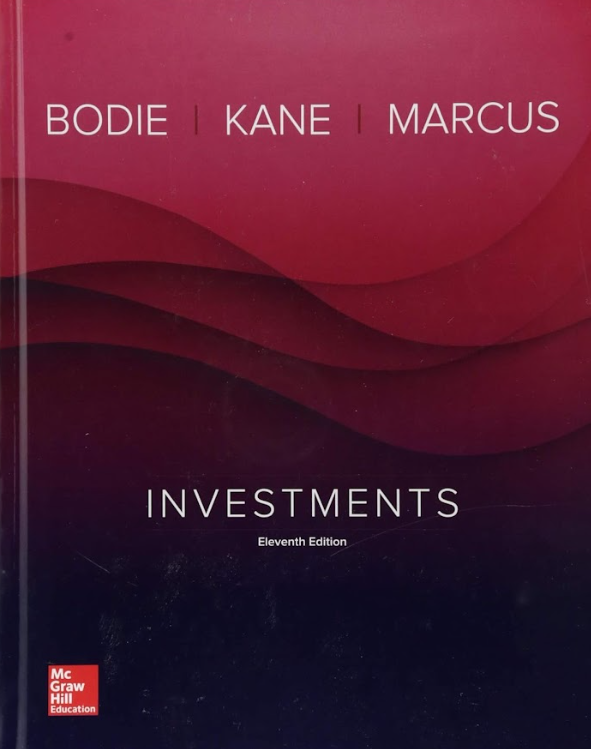
Textbook on Securities Portfolio Management. Published by the Information and Culture Publishing House
Author: Nguyễn Thành Long.
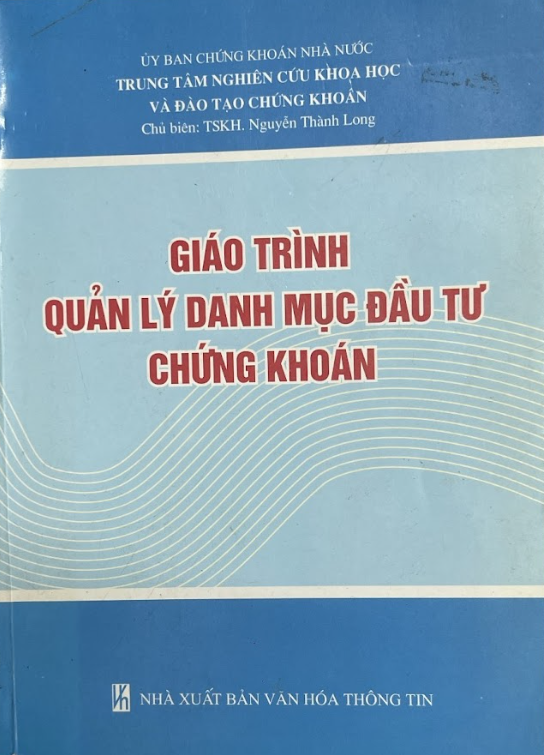
- Financial Risk Management
+ Course description:
The course "Financial Risk Management" introduces students to various types of risks, the origins of risk emergence, its significance, the benefits of risk management, and methods of managing financial risks from the perspective of non-financial enterprises. Upon completion of this course, students will be equipped with the appropriate tools and in-depth knowledge to manage risks in a business environment. Students will understand why companies should or should not manage risks, whether businesses should manage risks, how to identify risks, measure risks using qualitative and quantitative tools, and assess the impacts of financial risks to implement control, prevention, and adjustment strategies effectively. To emphasize the practical relevance of the course materials, students will be introduced to and discuss some typical real-world case studies, both in Vietnam and globally, throughout the course. The course will prepare future risk managers to understand their role in determining the risk appetite for businesses, establishing policies, and defensive lines to mitigate risks while complying with the regulations of supervisory agencies and participating in building interactive relationships between businesses and regulatory bodies. Understanding the issues discussed in the course will be beneficial for all risk management professionals and practitioners: treasurers, Chief Financial Officers (CFOs), Chief Risk Officers (CROs), Chief Executive Officers (CEOs), traders, accounting professionals, consultants, and so on
+ Prerequisite:
Probability, Statistics
+ Textbook/ References:
Miller, M. B. (2013). Mathematics and statistics for financial risk management. John Wiley & Sons.
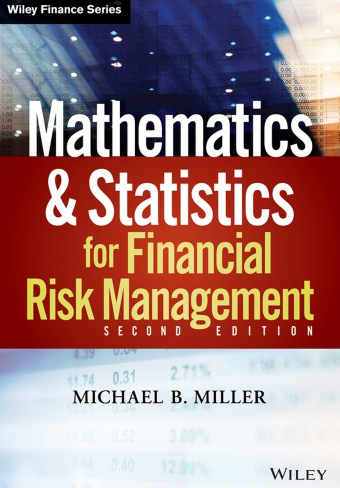
Crouhy, M., Galai, D., & Mark, R. (2006). The essentials of risk management. New York: McGraw-Hill.
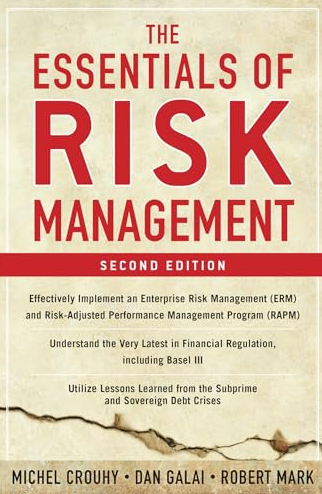
Jorion, P. (2007). Financial risk manager handbook. John Wiley & Sons.
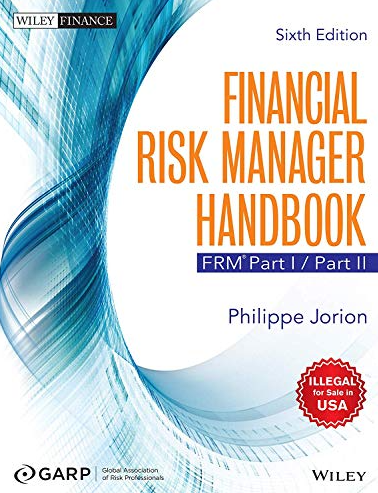
- Quantitative finance
+ Course description:
The course consists of 4 chapters, equipping students with basic knowledge of quantitative finance and using Python programming languages to build algorithmic models in quantitative finance. Specifically, such as: Genetic algorithm to search for optimal portfolio; Building a stock price forecasting model, measuring market volatility and herd behavior of investors; Building a semi-automatic trading robot with low frequency; Choosing optimal portfolio; Monte Carlo simulation and options. From there, learners can apply in investment activities at the proprietary trading department of securities companies or the investment department of investment funds (especially passive funds) or other enterprises. In addition, it also serves for self-investment or investment consulting.
+ Prerequisite:
Python for Data Analysis
+ Textbook/ References:
Yan, Y. (2017). Python for Finance. Packt Publishing Ltd.
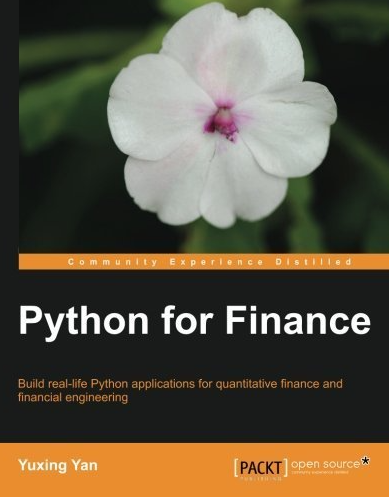
Chan, E. P. (2008). Quantitative trading: how to build your own algorithmic trading business. John Wiley & Sons.
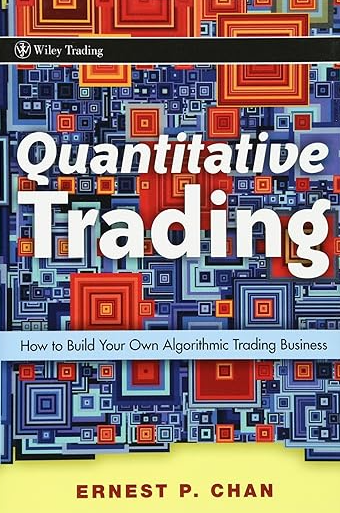
Blyth, S. (2013). An introduction to quantitative finance. Oxford University Press.
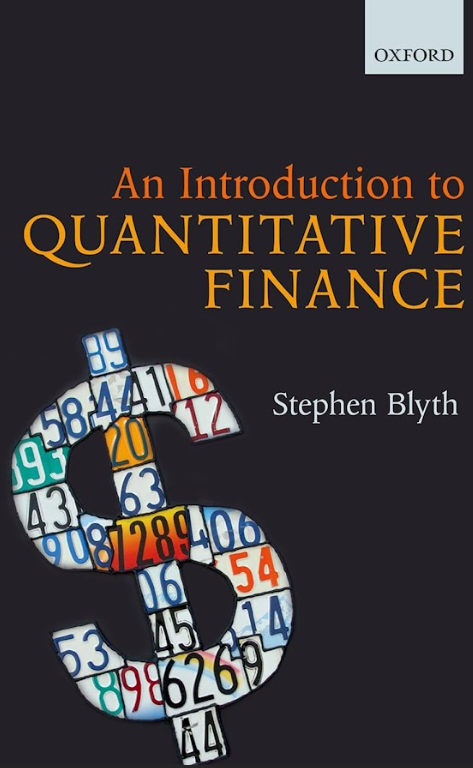
- Behavioral finance
+ Course description:
The main objective of this course is to provide students with comprehensive knowledge to understand the difference between classical financial theory and behavioral finance. The course focuses on the psychological principles of behavioral finance; the specific characteristics of the decision-making process in an inefficient market; describing how individuals and businesses make financial decisions and how those decisions can deviate from what is predicted by financial theory or traditional economics. The course also helps students explore the existence of heuristics and biases, overconfidence, emotions and social forces in financial decision making, testing the impact of these biases on the decisions of investors, practitioners, managers and financial markets. The course also equips students with in-depth understanding of behavioral finance to complement the traditional financial model
+ Prerequisite:
Financial Markets and Institutions
+ Textbook/ References:
Ackert, L. F., & Deaves, R. (2009). Behavioral finance: Psychology, decision making and markets: Boston. MA: Cengage Learning.

Shefrin, H. (2017). Behavioral Corporate Finance: Concepts and Cases for Teaching Behavioral Finance. McGraw Hill
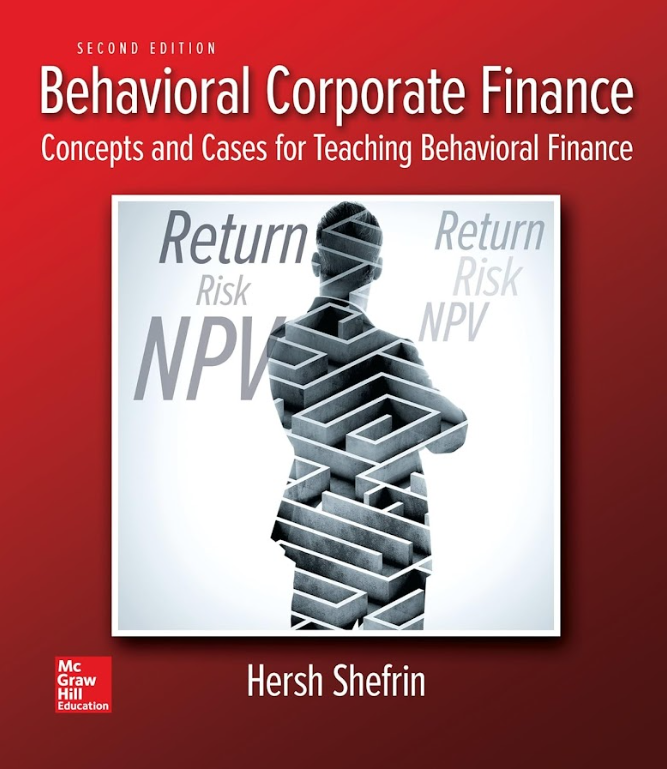
Nofsinger, J.R. (2017). The Psychology of Investing. Routledge

- Derivatives and Risk Management
+ Course description:
This course consists of 5 chapters and is designed to introduce students to the understanding of the derivatives financial market and various derivative financial products, specifically futures contracts, forward contracts, swap contracts, and options contracts. Through this course, students will grasp the principles of how these derivative financial products operate and learn how to calculate the values of these products. Ultimately, this course helps students apply the knowledge of derivative financial products they have learned to manage financial risks through different strategies
+ Prerequisite:
Macroeconomics
+ Textbook/ References:
Chance, D.M., Brooks, R. (2019) Introduction to Derivatives and Risk Management, Cengage Learning
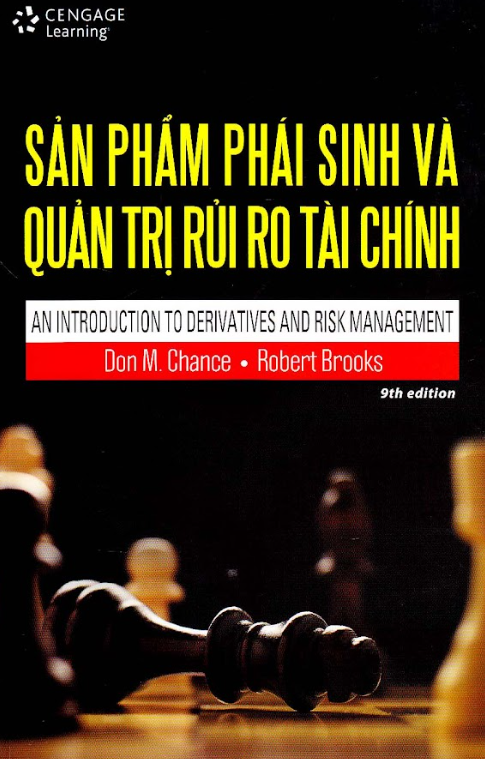
Hull, J.C., Basu, S. (2017) Options, Futures, and Other Derivatives. Pearson

- Advanced Derivatives Pricing and Applications
+ Course description:
This course is designed to introduce finance major students to the theoretical and practical aspects of advanced valuation in derivative instruments such as options, futures contracts, forward contracts, swap contracts, and other derivative products. Additionally, this course provides applications in valuing derivative instruments for use in credit activities, investment portfolio management, etc. As a result, students can apply this knowledge in investment activities within the proprietary trading division of a securities company or the investment management division of an investment fund. It also serves for individual investment or investment advisory purposes.
+ Prerequisite:
Financial markets and Institutions
+ Textbook/ References:
Benninga, S. (2014) Financial Modelling. MIT Press
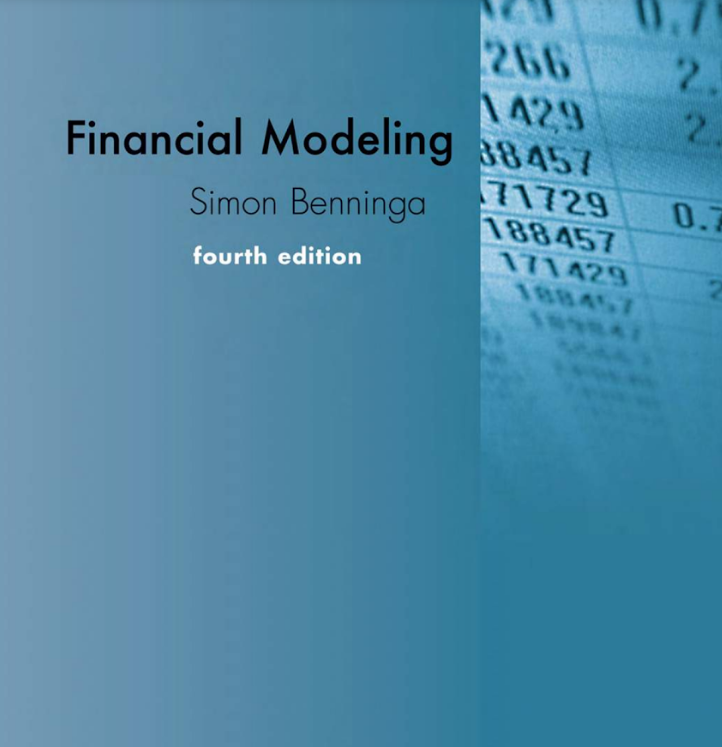
Chance, D. M., & Brooks, R. (2015). An introduction to derivatives and risk management. South-Western, Cengage Learning.
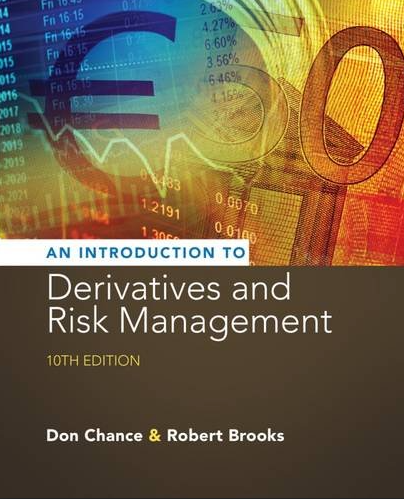
Albanese, C., & Campolieti, G. (2005). Advanced derivatives pricing and risk management: theory, tools, and hands-on programming applications. Elsevier.
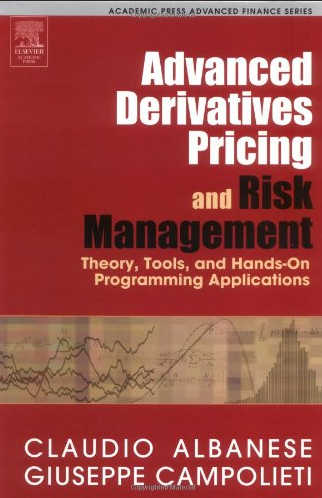
- Financial Derivaties
+ Course description:
This course is designed to provide basic knowledge of theory and application of financial derivatives such as options, forward contracts, futures contracts, swaps contracts and other derivatives. The theoretical part includes some basic valuation principles applied to different derivative contracts on the financial market. The practical part includes the main types of derivative contracts and valuation techniques
+ Prerequisite:
Financial markets and Institutions
+ Textbook/ References:
Chance, D.M., Brooks, R. (2019) Introduction to Derivatives and Risk Management, Cengage Learning
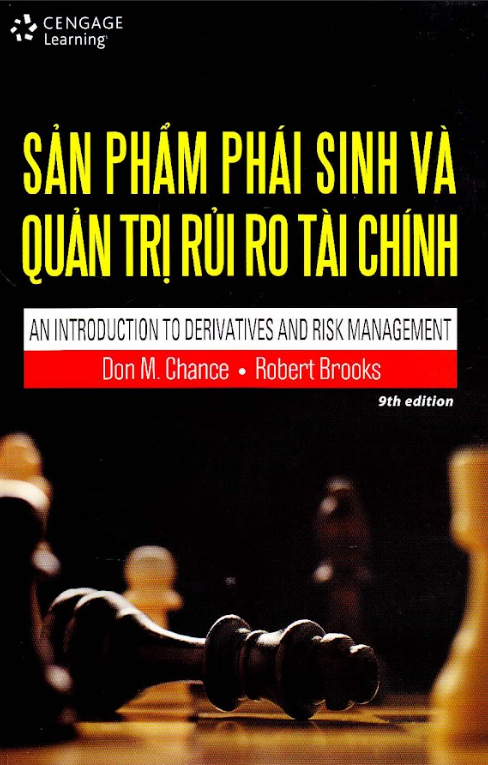
Hull, J.C., Basu, S. (2017) Options, Futures, and Other Derivatives. Pearson

- Quantitative Risk Management
+ Course description:
Quantitative risk management will equip students with theoretical knowledge and techniques to model various types of financial risks that a business may encounter, such as market risk, operational risk, etc. Additionally, this course also provides methods and strategies for managing risk quantitatively. Moreover, in the learning process, with real-life situations embedded in the lectures, learners will practice calculating and modeling various types of risks using popular programming software such as R, Python, etc. This provides students with the opportunity to understand and apply the acquired knowledge to quantify various risks, thereby serving the purpose of quantitative risk management.
+ Prerequisite:
Probability Theory and Mathematical Statistics
+ Textbook/ References:
Coleman, T. S. (2012). Quantitative risk management: a practical guide to financial risk. John Wiley & Sons.
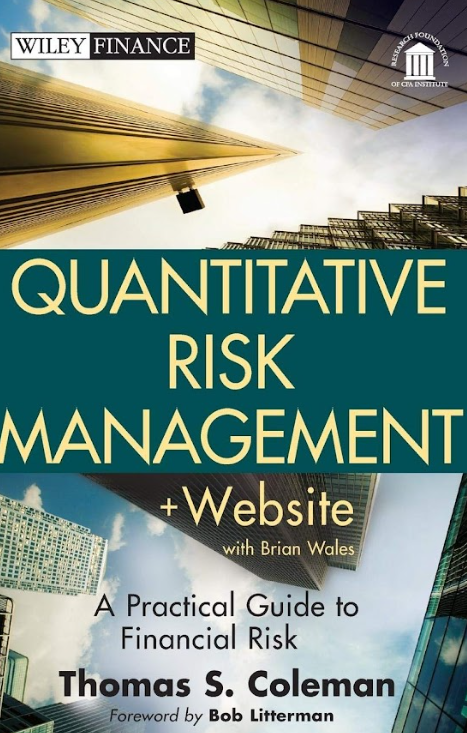
McNeil, A. J., Frey, R., & Embrechts, P. (2015). Quantitative risk management: concepts, techniques and tools-revised edition. Princeton university press.
